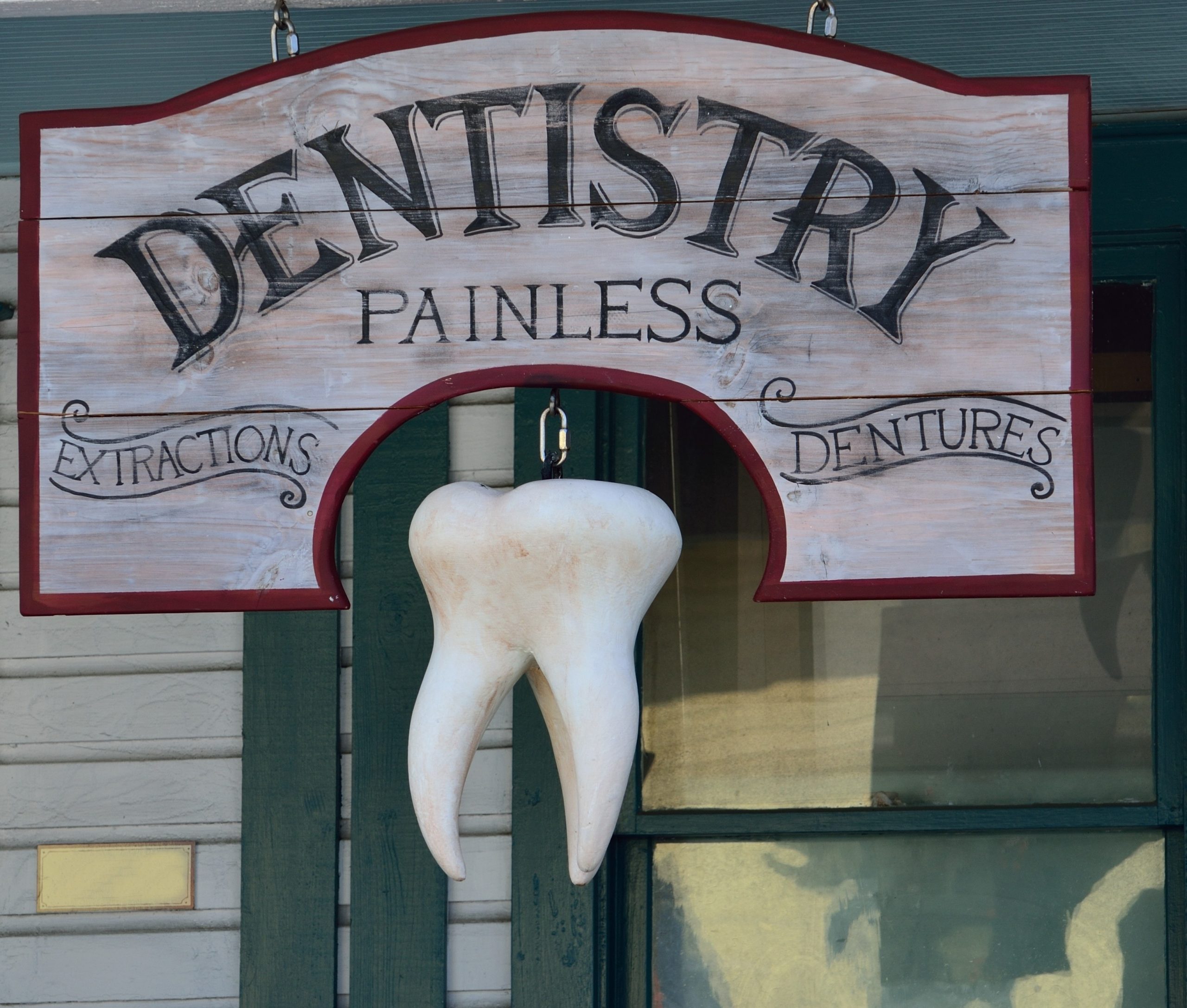Dental implant treatment is a long-lasting way to change one or more missing teeth caused by injury or disease. It involves using dental implants (metal posts), usually made of titanium, to serve as roots for your prosthetic teeth. This way, you can have stable, natural-looking, and functional teeth.
Ways Dental Implants Improve Your Oral Health
The following are some ways dental implants can improve your oral health:
1. They Help Preserve Jawbone
Dental implants promote the jawbone by acting as a root for a prosthetic tooth. This stimulation encourages the jawbone to stay strong, preventing it from weakening over time.
2. They Improve Your Bite
Replacing missing teeth with dental implants can improve how you chew and bite food, making eating easier and more enjoyable. They are created to imitate natural teeth, so they fit into your bite easily and securely without affecting other teeth or causing pain when biting down. This makes them comfier than dentures, which frequently slip around and cause discomfort or irritation.
3. They Help Prevent Dental Cavities
Having tooth gaps makes it harder to keep your teeth clean, increasing the risk of tooth decay, cavities, and other oral health problems. With dental implants, you can floss and brush like normal, minimizing the risk of these concerns.
How Dental Implants Improve Your Smile
Missing teeth can be unappealing when you talk, smile, or laugh. Dental implants in Poughkeepsie can enhance your smile by providing a natural-looking and sturdy replacement for missing teeth. Unlike removable dentures, you do not need to stress over them slipping out of place or being visible when you smile or talk, which many individuals find uncomfortable.
Also, the metal posts utilized in dental implant treatment are developed to blend in with your natural teeth and look indistinguishable from real teeth.
How Dental Implant Procedure Is Done
Here is what you can expect to happen during your dental implant treatment:
- Initial consultation. During this visit, your dentist will talk about the treatment plan and ensure you meet the candidacy requirements for dental implants. They will also perform X-rays and other necessary tests to analyze your jawbone, teeth, and gums. At this stage, inquire about all your issues, including the costs and payment plans. You can get more information here.
- Additional procedures. Before your implant appointment, your dentist will perform additional treatments, such as sinus lift, bone graft, and tooth extractions (see tooth extractions here for more information), if needed.
- Dental implant surgery. Your dentist will begin the procedure by administering local anesthesia. Sometimes they also offer sedatives or general anesthesia, depending on the patient’s case. Then they’ll make an incision in the gum to access the jawbone. After preparing the implant site, they place the metal post and close the cut with stitches.
- Healing time. During this phase, your dental implant will need time to fuse with the jawbone, called osseointegration. This process can take up to five months, and your dentist will monitor it through X-rays or CT scans.
- Attaching the abutment and restoring the teeth. After the implant has successfully merged with your jawbone, your dentist will attach an abutment to it and put your replacement tooth/teeth over it to restore your tooth’s appearance and function.
While it’s generally safe, dental implant treatment is an invasive treatment that requires minor surgery. You should choose a credible facility with skilled dental experts, such as the Dedicated Dental Studios of Poughkeepsie. Your dentist should also utilize state-of-the-art materials and equipment to ensure a positive outcome.

